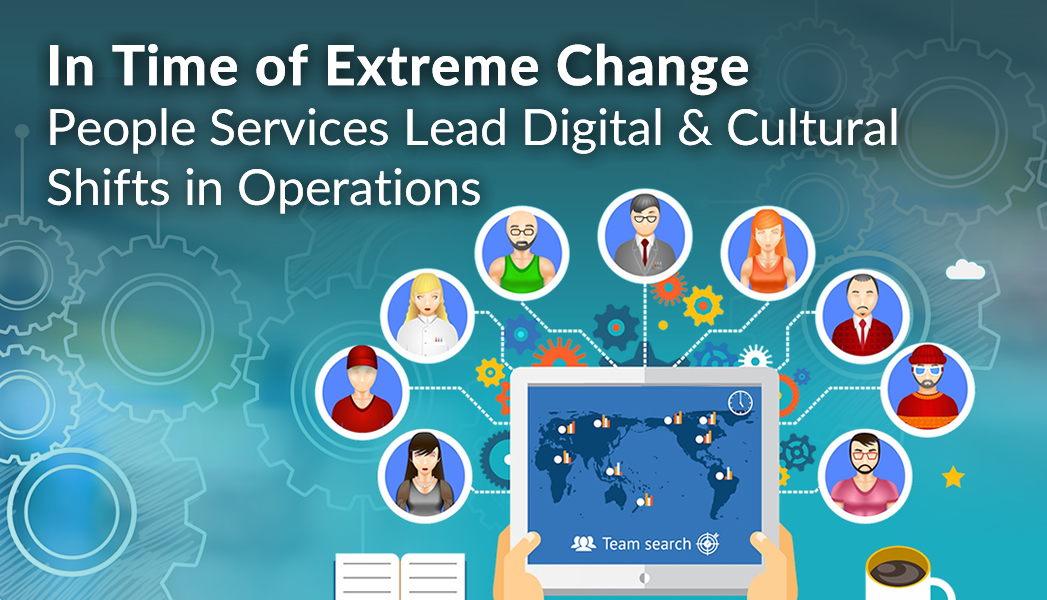
Introduction
Organisational culture is the heartbeat of any company. It shapes the way employees interact, make decisions, and ultimately, it defines an organisation's identity. A positive organisational culture is not just desirable; it's a strategic asset that can drive employee satisfaction, productivity, and long-term success. There are many benefits associated with a strong and healthy organisational culture, including:
- Increased productivity
- Improved employees’ health and wellness
- Reduced absenteeism and turnover rates
- Increased customer satisfaction
- Higher levels of innovation
- Enhanced employee engagement and retention rates
- Improved communication levels with employees and customers alike.
The Role of Employees
Empowering employees to actively contribute to and improve company culture is a cornerstone of fostering a thriving and positive workplace environment. When employees are given a voice, ownership, and the autonomy to influence the culture, they become more engaged, motivated, and committed to the organization's success. By encouraging employees to share their ideas, concerns, and feedback, a culture of inclusivity and transparency emerges. This empowerment not only leads to innovative solutions and more effective problem-solving but also reinforces a sense of trust and mutual respect between management and staff. When employees feel their contributions matter and are actively shaping the culture, it not only enhances job satisfaction but also propels the company towards a more vibrant, adaptable, and resilient future. Empowering employees is the catalyst for a culture that reflects the shared values and aspirations of the entire organization.
Elections: A Path to Transparency
In today's rapidly evolving workplace landscape, one intriguing approach to fostering employee engagement is through the implementation of elections within UK organisations. This innovative method can contribute significantly to transparency, employee empowerment, and the development of a positive organisational culture. In this blog, we'll delve into how elections can revolutionize the way employees interact with their companies.
Transparency within an organisation is not just a buzzword; it's a fundamental element of building trust between employees and employers. By conducting elections, companies provide a clear mechanism for employees to participate in decision-making processes. This level of openness fosters trust, as employees can see that their voices matter and that decisions are not made behind closed doors.
Elections also contribute to the transparency of leadership selection. In some organisations, key leadership positions can be elected by employees. This democratic approach ensures that leaders are chosen based on their merit and the trust they have earned from their colleagues, rather than through opaque appointment processes.
Employee Empowerment through Participation
One of the most significant benefits of elections in organisational culture is the empowerment of employees. When employees are given the opportunity to vote on important matters, they feel a sense of ownership and responsibility for the organisation's success. This sense of empowerment can boost motivation, job satisfaction, and overall engagement.
In some cases, organisations conduct elections for employee representatives or committees that play a vital role in decision-making processes. These representatives act as advocates for their colleagues, ensuring that their concerns are heard and addressed. Such initiatives give employees a direct channel to influence the direction of the company, making them feel valued and empowered.
Real-Life Examples of Success
Let's take a closer look at a few real-life examples of UK organisations that have successfully incorporated elections into their organisational culture to enhance employee engagement:
John Lewis Partnership: The well-known retail company operates as a cooperative, with employees, or "Partners," having a say in the company's decisions. They elect representatives to the Partnership Council, which plays a key role in governance and decision-making.
Buurtzorg: A healthcare organisation, Buurtzorg, operates under a self-management model where nurses organise themselves into small teams. Team members elect their leaders and are actively involved in decision-making, leading to higher job satisfaction and better patient care.
Ebbw Vale Institute: This Welsh community centre used elections to involve local residents in its governance. Through open elections, community members were able to influence the centre's activities and ensure they aligned with community needs.
Conclusion
Elections within UK organisations offer a powerful means to enhance transparency, employee empowerment, and organisational culture. They create an environment where employees feel heard, valued, and motivated to contribute to the company's success. Real-life examples like John Lewis Partnership, Buurtzorg, and Ebbw Vale Institute demonstrate the tangible benefits that can be achieved through embracing this democratic approach.
As organisations continue to evolve, considering innovative methods like elections can be a pivotal step towards creating a workplace culture that not only meets the needs of employees but also ensures the long-term success and sustainability of the organisation. By fostering employee engagement through elections, companies can unlock the full potential of their workforce and drive positive change from within.
Improving Company Culture with UK Engage
UK Engage offers a wealth of expertise in all aspects of electoral services, voting, surveys, scrutineering, adjudication services, member engagement and referendum management. If you are looking for expert electoral services advice, then look no further than UK Engage.
Contact us on 0161 209 4808 or email enquiries@uk-engage.org









